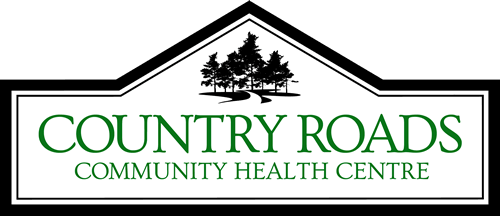We ask because we care
Collecting demographic information in health care
All hospitals and community health centres in Ontario collect demographic information. The purpose of this information is to understand who our patients and clients are and what unique needs they may have. The information you share with us helps us understand access to care, experiences and outcomes.
Examples of demographic information we are collecting includes:
Language
Were you born in Canada
Length of time in Canada
Indigenous identity
Ethnic or cultural background
Racial group
Disability
Sex assigned at birth
Gender identity
Sexual orientation
Income
Is it legal to ask these questions?
Yes, the Ontario Human Rights Commission strongly encourages organizations to collect and use demographic information to keep track of outcomes and promote equity. Also, Ontario’s Excellent Care for All Act, 2010 is a law that holds hospitals responsible for delivering quality health care. This law has health-care organizations collect information from patients and clients about their experience. We learned that demographic information greatly impacts patient and client experiences and decisions about whether to use health care or not.
To fully understand patients’ and clients’ health-care experiences we need to know more about who they are.
How will you use this information?
We will review and use the information to develop programs and do service training.
We will study whether factors such as language, disability, gender and so on are linked to health outcomes.
We want to learn more about the link between length of time in Canada and health outcomes.
Members of your health-care team (or “circle of care”) may refer you to services, give you information, or identify any unique needs, such as:
Interpretation services
Health information
Treatment programs
Accommodation for disabilities
Care information
Who can see my demographic information?
We take your privacy very seriously. This information is visible only to your health-care team and protected like all your other health information.
If used in research, the information from all patients and clients is combined and researchers are not able to identify who any of the individuals are.
I’m only here for a quick appointment. How is this relevant to my care?
It is important for us know who we serve, whether patient and client needs match the care we provide for all.
This information will help us understand and plan care not only for your future visits, but for other patients and clients who may have similar needs as yours. This gives us a full picture of our patient and client population.
What if there are questions that I don’t want to answer?
You can answer “prefer not to answer” to any or all questions. This will not impact the care you receive here.
Questions or Comments?
Please contact us by phone or using our comments form on our contact us page.

